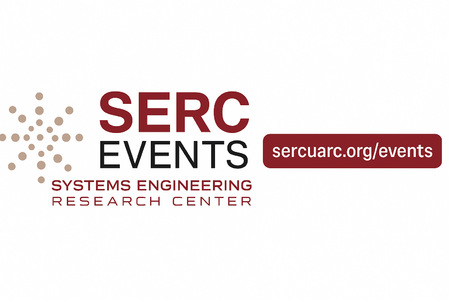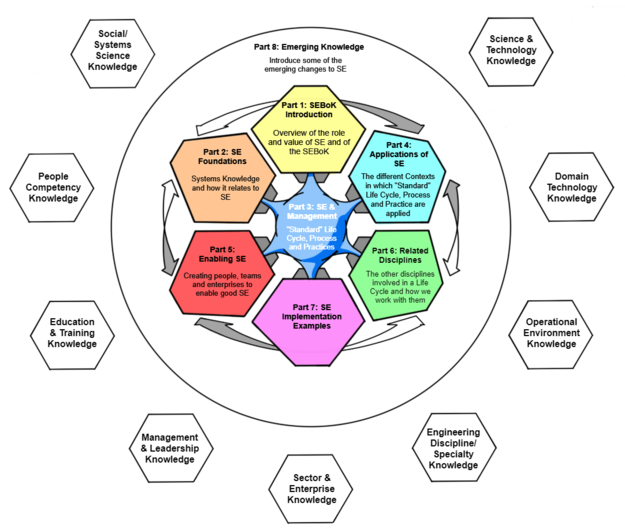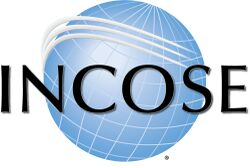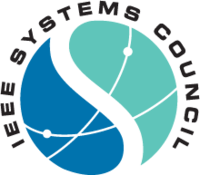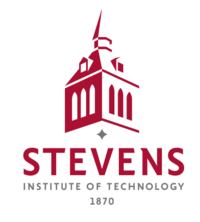Guide to the Systems Engineering Body of Knowledge (SEBoK)
Welcome to SEBoK v. 2.13
The SEBoK provides a guide to the key knowledge sources and references of systems engineering organized and explained to assist a wide variety of individuals. It is a living product, accepting community input continuously, with regular refreshes and updates. The SEBoK is not a compendium but instead references existing literature.
Systems engineering is an interdisciplinary approach and means to enable the full life cycle of successful product, service and enterprise systems. It includes problem discovery and formulation, solution definition and realization, and operational use, sustainment, and disposal. It can be applied to single-problem situations or to the management of multiple interventions in commercial or public enterprises. Those new to systems engineering can find introductory articles which provide an overview of systems engineering, place it in historical context, and discuss its economic value in Part 1 of this body of knowledge.Please support the SEBoK Sponsors and the Governance and Editorial Boards, who help make SEBoK possible!
What's New?
The Editorial Board continues to incorporate updates to reflect v. 5 of the INCOSE Handbook and the 2023 version of ISO/IEC/IEEE 15288. In some instances, substantive rework was completed to reflect the current versions and changes will continue into the next releases of the SEBoK.
New articles are highlighted in the left-hand outline, in the SEBoK Table of Contents, and are elaborated below.
We welcome you to Get Involved with SEBoK via the content review form. Thank you for your engagement!
Part 2
- The Nature of Systems Knowledge Area is significantly expanded with eight new articles complementing the existing two renamed articles.
- New and renamed articles are: Engineered Systems (was "Types of Systems"), Natural Systems, Principles and Attributes of Natural Systems, Value Proposition for Systems Engineering, Identity and Togetherness of Systems, Behavior and Dynamics of Systems, Cycles and the Phases of Systems (was "Cycles and the Cyclic Nature of Systems"), Purpose and the Capability of Systems, Value and the Quality of Systems, and Consciousness and the Experience of Systems.
Part 3
- A new sub-part on Process Concepts has been added in two Knowledge Areas and 5 articles.
- Process Concepts Knowledge Area with new articles Process Description and Process Concurrency, Iteration, and Recursion.
- Process Selection and Tailoring Knowledge Area with new articles Guidelines for the Selection and Tailoring of Processes, Using ISO/IEC/IEEE 24748-2, and Tailoring.
- Updates have been made to the following articles in the Technical Management Processes Knowledge Area (renamed from "Systems Engineering Management").
- Project Planning (was "Technical Planning"), Project Assessment and Control (was "Assessment and Control"), Decision Management, Risk Management, Configuration Management, Information Management, and Measurement.
SEBoK Organization
The SEBoK is a guide to the broad scope of SE-related knowledge. The core of this is tested and proven knowledge that has been developed through practice, documented, reviewed, and discussed by the SE community. In addition, the SEBoK also covers some of the emerging aspects of SE practice, such as Systems of Systems, Agile Life Cycle approaches and Model Based Systems Engineering (MBSE).
Systems engineering has its roots in the fundamentals, principles, and models of foundational systems sciences, and associated management and engineering sciences. It is effective systems engineering processes are applied within a managed life cycle working with a number of other management, engineering, and specialist disciplines. While traditionally applied to product development, systems engineering can also be applied to service and enterprise systems. As systems engineering is a collaborative approach, working with other engineering and management disciplines and specialties, it relies on competencies at the individual and team levels and appropriate structure and governance at organizational levels.
Starting from this basic view of the scope of knowledge relevant to SE, the SEBoK is organized into 8 parts as shown in Figure 1. Click on Figure 1 to navigate to any part of the SEBoK.
The SEBoK includes a glossary and a list of recommended references. The main content of the SEBoK can be downloaded as a PDF for offline access if desired.
SEBoK Governance
The SEBoK is overseen by the Governing Board appointed by the stewards, who oversee the SEBoK Editor-in-Chief and Editorial Board. The stewards contribute resources to manage the SEBoK wiki, support new releases, and encourage SEBoK adoption. Volunteer authors from the worldwide SE community continue to propose and create new content. Other volunteers review that new content. The stewards are INCOSE, the IEEE Systems Council, and Stevens Institute of Technology.
Contact us at sebok@incose.net.
